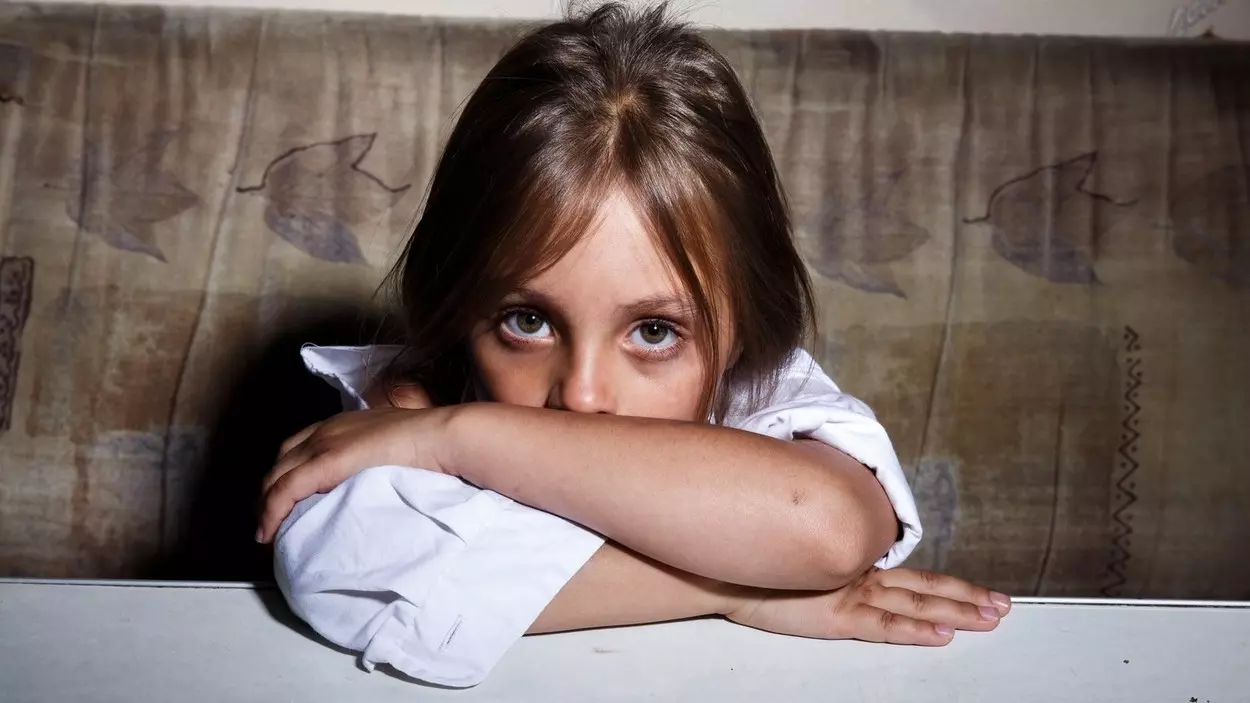According to Eurostat, almost one in seven children in the Czech Republic is at risk of poverty or social exclusion. According to the latest data from Eurostat, the European statistics office, 12.9% of people under the age of 18 in the Czech Republic are at risk of poverty or social exclusion. This figure corresponds to 260.400 of them. This proportion has fallen slightly compared with the previous year.
In a statistical comparison across the EU, the Czech Republic is among the top countries on the list. Only Slovenia has a lower percentage, while Romania has the highest number of children at risk of poverty, at 41.5%, according to Eurostat.
But the comparison is misleading. Eurostat defines poverty as having an income below 60% of the average in a country, possibly when a household cannot regularly afford heating or enough food. The threshold, thus, varies from country to country and is related to the situation of the country in question. A family that is considered poor in Germany would not be considered financially poor in the Czech Republic.
A representative example is the thirty-six year-old Iveta from the Příbram region lives with her two-and-a-half-year-old daughter in an asylum house where she went because of domestic violence. On her income as a single mother, she can barely afford to buy basic food and supplies. They are not alone with their daughter:
“My partner was extremely jealous, constantly controlling my movements and contact with people,” Iveta described her situation to Fandi Mums, an organisation that helps single mothers. After the birth of her daughter, the situation worsened. “I was the only one providing financially for my daughter. Many times the police intervened with us,” she said.
Eventually, she decided to leave her partner. Although she found accommodation in the asylum, she is not well off financially. Her partner does not pay anything for her daughter, and she is struggling to pay her electricity bill. “On my income, which is parental allowance, child allowance, and housing allowance, I am not even able to buy a supply of food, drugs, or detergents,” says the woman.






Leave a Reply